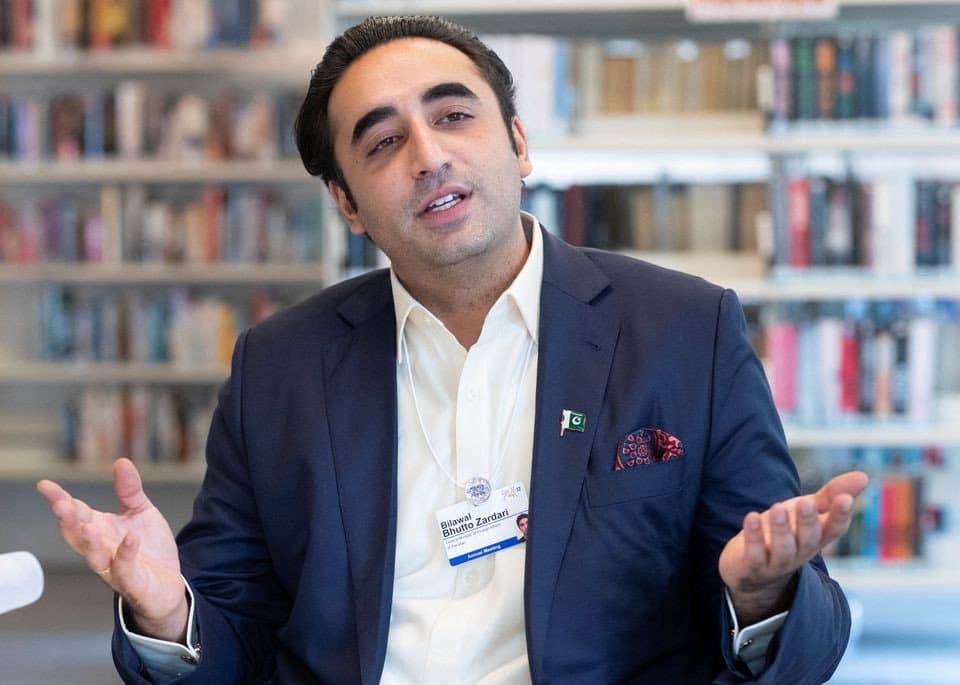Pakistan’s Foreign Office (FO) spokesperson has said in a statement that Foreign Minister (FM) Bilawal Bhutto-Zardari’s remarks on India were being “interpreted out of context and portrayed incorrectly”.
“There is no change in Pakistan’s policy on India on which there is a national consensus. Pakistan has always desired cooperative relations with all its neighbours, including India. We have consistently advocated constructive engagement and result-oriented dialogue to resolve all outstanding issues, including the core Jammu and Kashmir dispute,” the statement said.
“India’s unabated hostility and retrogressive steps, however, have vitiated the environment and impeded the prospects of peace and cooperation. The onus, therefore, remains on India to take the necessary steps to create an enabling environment conducive to meaningful and result-oriented dialogue,” the FO statement said.
Bilawal clearly articulated this perspective, “referring to India’s illegal and unilateral actions in the Indian Occupied Jammu & Kashmir (IOJK) since 5 August 2019, describing them as an assault on the rights of the Kashmiri people, as well as rising Islamophobia in India, that created an environment unconducive for meaningful engagement,” it added.
“The foreign minister’s remarks are better understood in the overall context of his key message of conflict resolution that he emphasised in his address at the think-tank event,” the FO statement concluded.
‘Does it serve our objective that we have practically cut off all engagements with India?’: Bilawal Bhutto
Bilawal advocated for re-engagement with India asking whether cutting ties with India served the country’s interests.
“Does it serve our interests, do we achieve our objectives whatever they may be, be it Kashmir, be it rising Islamophobia, the Hindutva supremacist nature of the new regimes and the governments in India? Does it serve our objective that we have practically cut off all engagements,” asked Bilawal while speaking at the Institute of Strategic Studies in Islamabad.
Bilawal identified India and the United States (US) as countries with which Pakistan’s relations were problematic.
The foreign minister contended that if Pakistan had achieved economic engagement with India in the past, it would have been in a better position to influence Delhi’s policy and prevented both countries from taking extreme positions.
In May, US Secretary of State Antony Blinken reached out to Bilawal soon after he took the foreign minister’s office and invited him to a food security conference. The two also met in New York on the sidelines of the forum.







